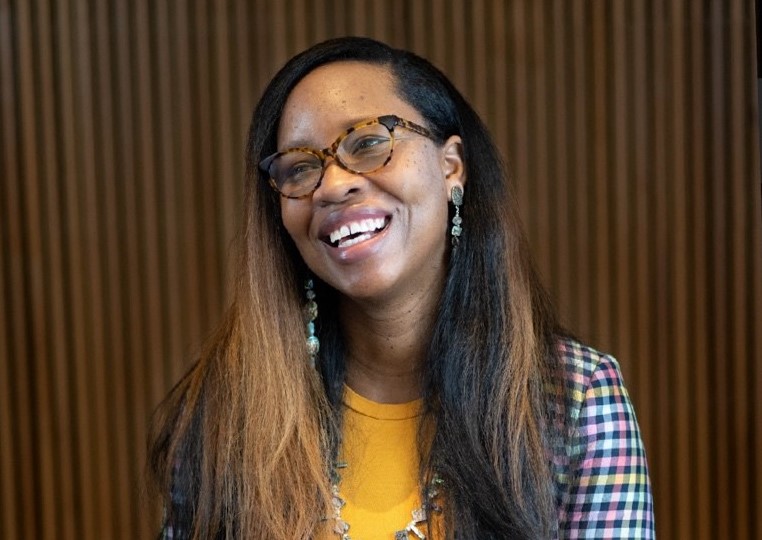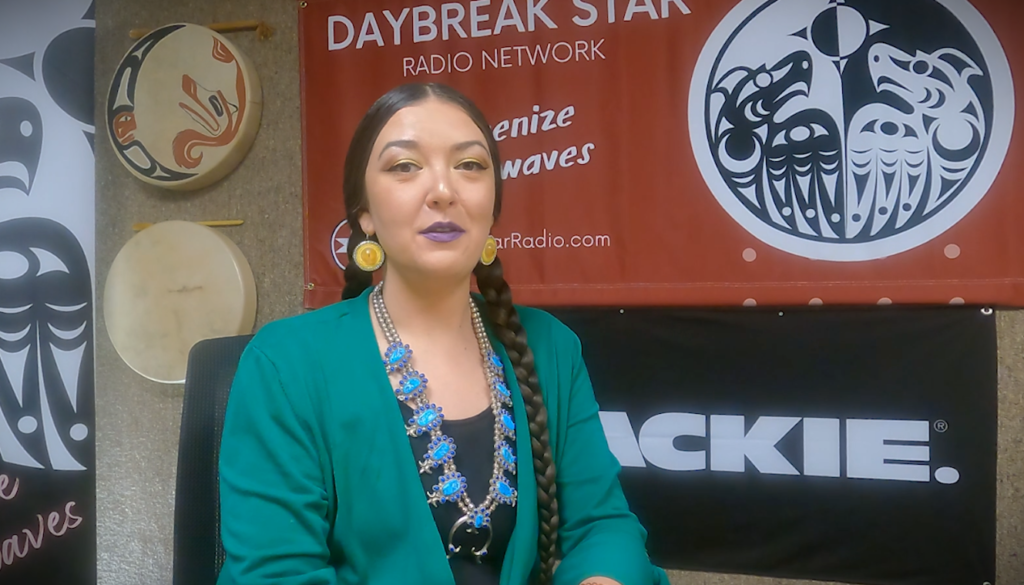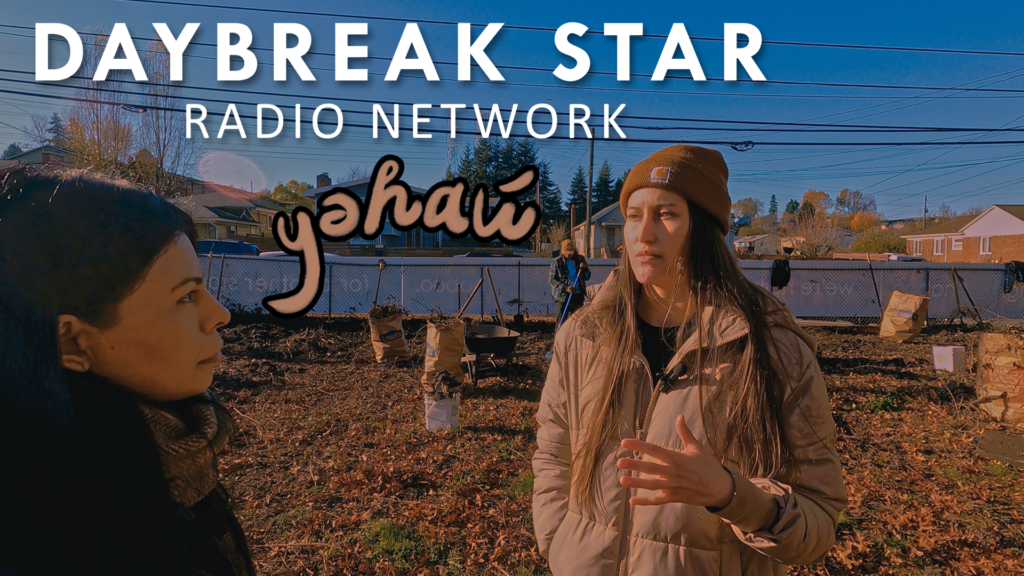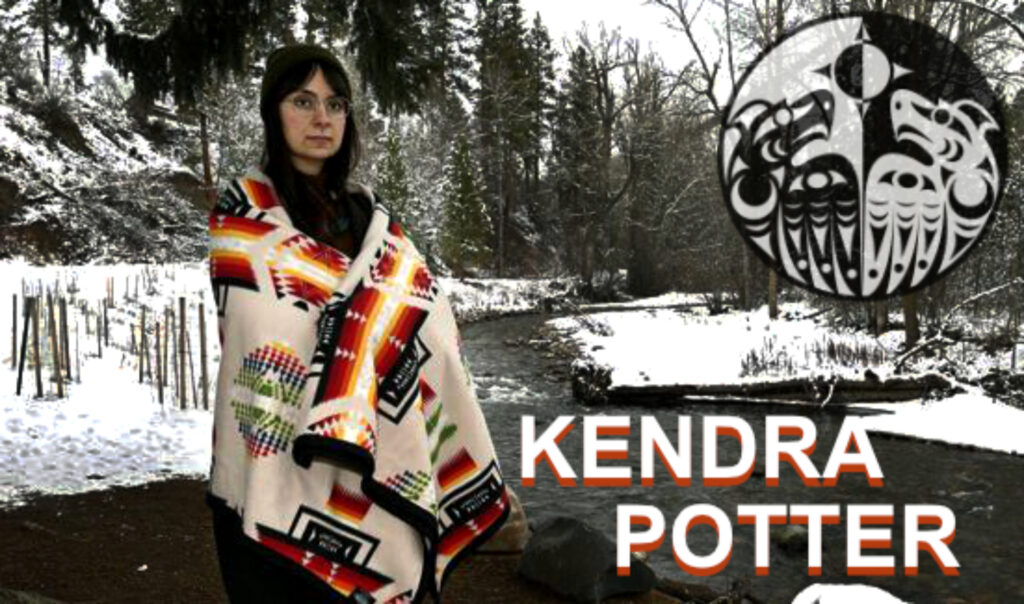Brit Reed – Land as a Relative: Embracing Stewardship and Food Sovereignty
Written by daybreak on October 29, 2024
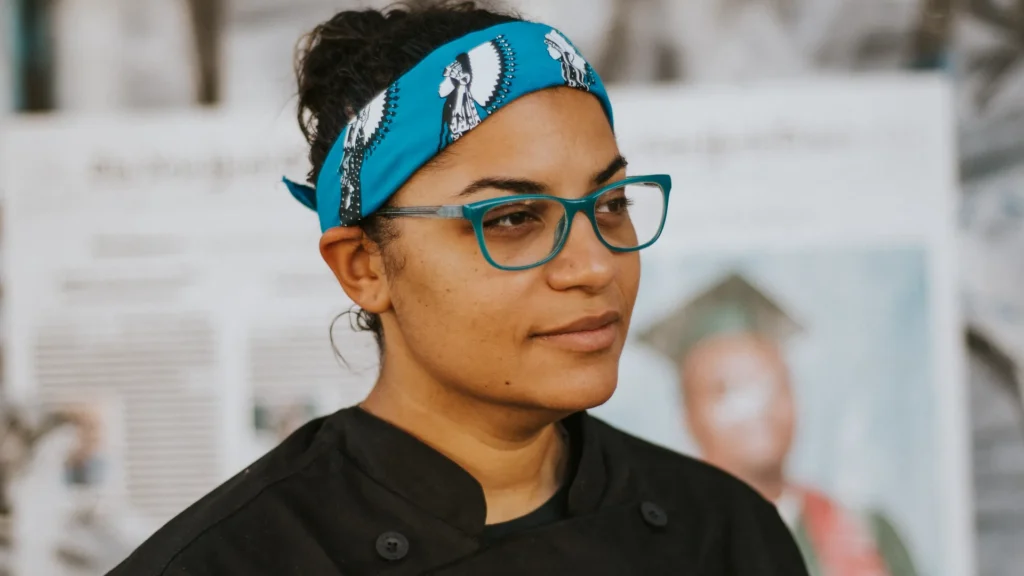
Recognizing that the land is a relative rather than a resource, reframes the normalization of land commodification, contamination, and exploitation. Native peoples practice land stewardship and understand and foster a literal connection to the land. In this final segment of the Land Stewardship: Dirt Alert blog series, Brit Reed discusses what it means to have access to traditional foods, healthy soil to grow traditional foods, food sovereignty, and the future of foodways knowledge systems.
Brit Reed is a chef and advocate for Native health and traditional Indigenous knowledge systems. Brit is a graduate from Evergreen State College and holds a master’s in public administration with a concentration on food policy, tribal governance, and tribal food sovereignty. In 2016, Karina Walters of the Choctaw Nation, and founder of the Indigenous Wellness Research Institute, invited Brit to walk on the Choctaw Trail of Tears and to cook plant-based foods. Brit shared that walking alongside another from the Choctaw Nation and the ability to share a meal with community is a pivotal example of what it means to be in direct relation with the land, in community, and to be a good relative. Brit fosters a space to share dialogue, highlight Native communities’ contributions, brilliance, strength, and depth, through her culinary collective, I-Collective, and other works.
Brit Reed guides us through the values of reciprocity and respect of all our relations. Her wealth of knowledge weaves together research, practice, and culture. Brit highlights the ways in which colonialism and exploitation of the land and people within and outside the plume can contribute to health disparities and environmental racism. Within this segment, Brit Reed closes out by sharing best practices, recommendations, and implications pertaining to traditional foods, land stewardship, and kinship ties.
Resources:
Native Biodiversity:
Why Native Plants Matter | Audubon
Biological invasions on Indigenous peoples’ lands | Nature Sustainability
Conservation:
What Conservation Efforts Can Learn from Indigenous Communities | Scientific American
